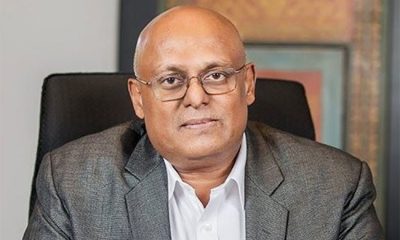Business
SOE reforms seen as bedevilled by corruption and governance issues
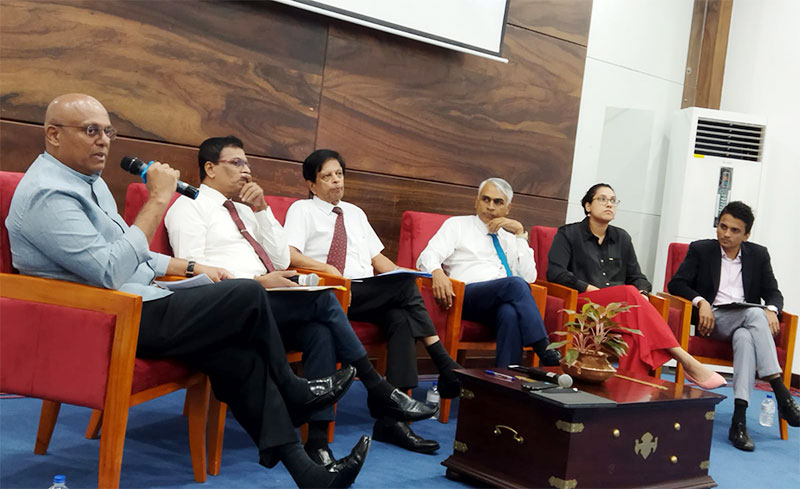
By Lynn Ockersz
The local State Owned Enterprises (SOE) reforms process is dogged by widespread corruption and governance issues. There was general agreement on this position at a wide-ranging discussion held under the aegis of the Sri Lanka Innovators’ Forum of the Dr. Gamani Corea Foundation on October 16 at the BMICH.
The prime focus of the discussion was a paper presented by the Advocata Institute, Colombo, on ‘Public Enterprise Reforms’. Key presenters for the Institute were its senior personnel Dhananath Fernando and Ms. Rehana Thowfeek. Director General, State-Owned Enterprises Restructuring Unit of the government, Suresh Shah, chaired the discussion and moderated it.
The principal panelists at the forum and some key comments made by them are as follows:
Dhananath Fernando: ‘Markets must be allowed to function. The government has no business in business enterprises. Doing SOE reforms fast and transparently is important. Profitability should not be the only consideration in this process. It is equally important to return to the country’s ownership these assets in the form of SOEs. The owners of an SOE are the citizens of the state. However, the worrisome matter is that citizens do not have a say in how an SOE is run; neither can they exit the reforms process if the SOE’s performance is unsatisfactory.’
Rehana Thowfeek: ‘A Rs. 1.8 trillion debt is owned by SOEs. However, reforming SOEs is vital for development. Corruption too is a recurring issue in SOEs. Sri Lanka’s health sector is a case in point. Privatization, though, should be seen as a priority.’
Suresh Shah: ‘The SOE restructuring process is geared to serve the wellbeing of the public and is not directed by the IMF. Listing of SOEs is vital but governance issues are getting in the way of development. The government should invest in the public sector but a prime issue is whether money is going to the right place.’
Dr. Lloyd Fernando, chairman, Dr. Gamani Corea Foundation: ‘There is a need to look at our problems holistically. The Temasek model is vital in this connection.’
Mahendra Jayasekera, Managing Director, Lanka Wall Tiles & Lanka Tiles: ‘There is this recurring problem of politicians trying to have a say in privatized enterprises. Besides, they are notorious for their double-talk. For example, they say one thing in parliament on SOE reforms and another thing to their electorates. They do not understanding the concept of return on assets. We have a serious governance problem in the country. We need to find out what benefits would accrue to the country from SOE reforms. Besides, people are skeptical about reforms being of any use.’
Chandrasena Maliyadda, Former Secretary, Ministry of Plan Implementation, Ministry of Southern Regional Development and Ministry of Posts and Telecommunications: ‘Privatization must be carried out after studying every SOE. Each SOE is different. We do not know whether the bidders for SOEs have the capability to run them, once they take them over. The Kantale Sugar Factory is a case in point. The irony is that these bidders seek government assistance to run these SOEs once they are privatized. However, the private sector, although seen as an ‘engine of growth’ is not at all effective.
‘The main issue is that our economy has been eroding. We don’t produce, there are no vibrant entrepreneurs. There is no risk-taking. What happens in privatization is that SOEs go from one set of corrupt hands to another. We should look carefully at how we are going to privatize. Privatization, though, is no panacea. All sectors are corrupt. We need to tread carefully.’
R.H.W.A. Kumarasiri, Director General, National Planning Department: ‘Do we have a system to put the right man in the right place? Are we implementing plans effectively? Good governance is important in every sector. Are all our sectors heading in one direction or are we at cross-purposes? All relevant stakeholders in development need to communicate effectively with the public on these issues. Different models are needed for different SOEs.’
Business
IMF staff team concludes visit to Sri Lanka
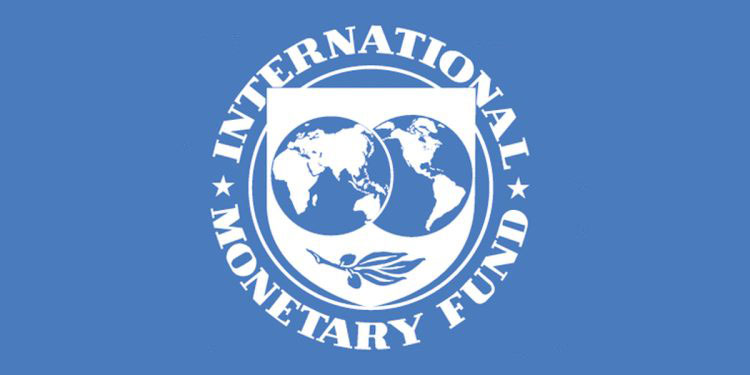
An International Monetary Fund (IMF) team led by Evan Papageorgiou visited Colombo from April 3 to 11, 2025. After constructive discussions in Colombo, Mr. Papageorgiou issued the following statement:
“Sri Lanka’s ambitious reform agenda supported by the IMF Extended Fund Facility (EFF) continues to deliver commendable outcomes. The post-crisis growth rebound of 5 percent in 2024 is impressive. Inflation declined considerably in recent quarters and has fallen to ‑2.6 percent at end-March 2025. Gross official reserves increased to US$6.5 billion at end-March 2025 with sizeable foreign exchange purchases by the central bank. Substantial fiscal reforms have strengthened public finances.
“The recent external shock and evolving developments are creating uncertainty for the Sri Lankan economy, which is still recovering from its own economic crisis. More time is needed to assess the impact of the global shock and how its implications for Sri Lanka can be addressed within the contours of its IMF-supported program.
“The government’s sustained commitment to program objectives is ensuring policy continuity and program implementation remains strong. Going forward, sustaining the reform momentum is critical to safeguard the hard-won gains of the program and put the economy on a path toward lasting macroeconomic stability and higher inclusive growth.
“Against increased global uncertainty, sustained revenue mobilization efforts and prudent budget execution in line with Budget 2025 are critical to preserve the limited fiscal space. Boosting tax compliance, including by reinstating an efficient and timely VAT refund mechanism, will help contribute to revenue gains without resorting to additional tax policy measures. Avoiding new tax exemptions will help reduce fiscal revenue leakages, corruption risks and build much needed fiscal buffers, including for social spending to support Sri Lanka’s most vulnerable. Restoring cost recovery in electricity pricing will help minimize fiscal risks arising from the electricity state-owned enterprise.
“The government has an important responsibility to protect the poor and vulnerable at this uncertain time. It is important to redouble efforts to improve targeting, adequacy, and coverage of social safety nets. Fiscal support needs to be well-targeted, time-bound, and within the existing budget envelope.
“While inflation remains low, continued monitoring is warranted to ensure sustained price stability and support macroeconomic stability. Against ongoing global uncertainty, it remains important to continue rebuilding external buffers through reserves accumulation.
“Discussions are ongoing, and the authorities are encouraged to continue to make progress on restoring cost-recovery electricity pricing, strengthening the tax exemptions framework, and other important structural reforms.
“The IMF team held meetings with His Excellency President and Finance Minister Anura Kumara Dissanayake, Honorable Prime Minister Dr. Harini Amarasuriya ; Honorable Labor Minister and Deputy Minister of Economic Development Prof. Anil Jayantha Fernando, Honorable Deputy Minister of Finance and Planning Dr. Harshana Suriyapperuma, Central Bank of Sri Lanka Governor Dr. P. Nandalal Weerasinghe, Secretary to the Treasury Mr. K M Mahinda Siriwardana, Senior Economic Advisor to the President Duminda Hulangamuwa, and other senior government and CBSL officials. The team also met with parliamentarians, representatives from the private sector, civil society organizations, and development partners.
“We would like to thank the authorities for the excellent collaboration during the mission. Discussions are continuing with the goal of reaching staff-level agreement in the near term to pave the way for the timely completion of the fourth review. We reaffirm our commitment to support Sri Lanka at this uncertain time.”
Business
ComBank unveils new Corporate Branch at Head Office
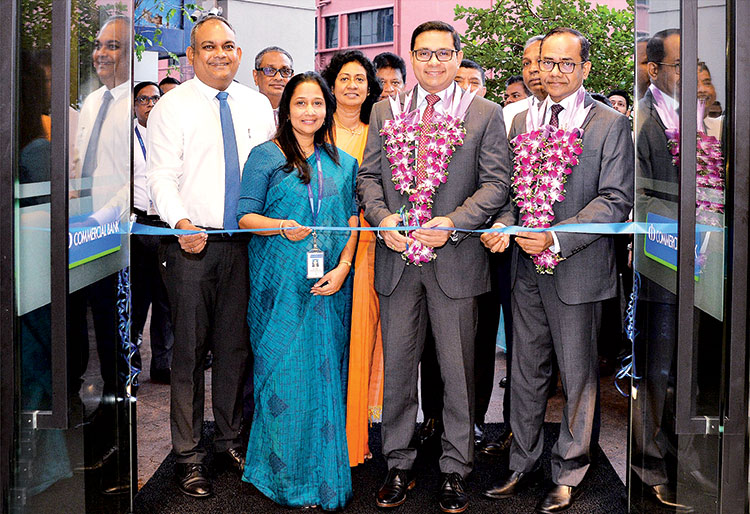
The Commercial Bank of Ceylon has transformed its iconic ‘Foreign Branch’ into the ‘Corporate Branch,’ reaffirming its commitment to delivering dedicated, comprehensive financial solutions to corporate and trade customers.
The Bank said this transformation represents a new milestone in its illustrious journey, and resonates with the rich commercial heritage of Colombo, a city that has long served as a vital trading hub in the region.
Strategically located at the Bank’s Head Office at Commercial House, 21, Sir Razeek Fareed Mawatha (Bristol Street), Colombo 1, this rebranded Corporate Branch stands as a first of its kind in Sri Lanka —a premier financial hub tailored exclusively to the needs of corporate customers, the Bank said. The transformation aligns with the Bank’s vision of providing unparalleled service excellence, bespoke financial solutions, and fostering long-term business partnerships.
Commenting on this strategic initiative, Commercial Bank’s Managing Director/CEO Sanath Manatunge stated: “It is our aspiration that just as the historic Delft Gateway, at which our Head Office is located, once opened the path to the Dutch Fort, our Corporate Branch will chart a new era of enduring and prosperous business collaborations, that will extend beyond Sri Lanka’s shores.”
Business
Fits Retail and Abans PLC Unveil Exclusive DeLonghi Premium Coffee Experience
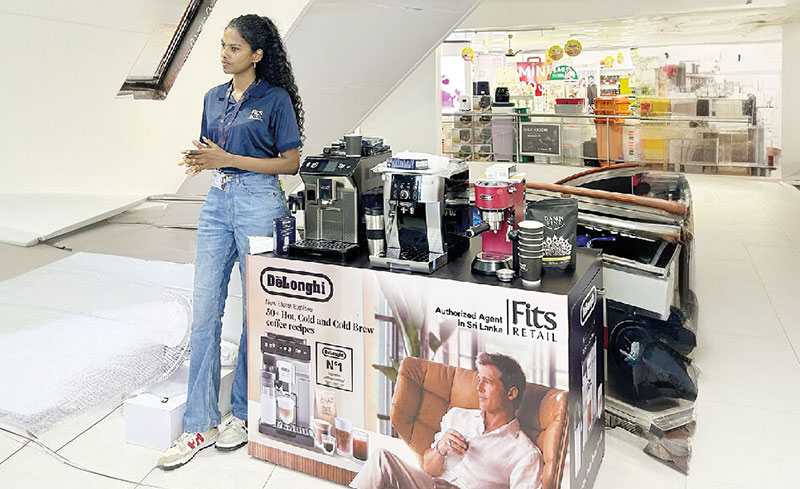
Fits Retail has partnered with retail giant Abans PLC to showcase the iconic DeLonghi coffee machines at two of Colombo’s most prestigious locations: Abans Elite Colombo 3 and Abans Havelock City Mall showrooms.
At these dedicated demonstration zones, visitors can discover the unparalleled precision engineering and user-friendly technology that have made DeLonghi machines the preferred choice for discerning coffee lovers in more than 46 countries worldwide. Renowned for consistently delivering café-quality espresso, cappuccino, and even specialty cold brews, DeLonghi machines exemplify Italian innovation at its finest.
Yasas Kodituwakku, CEO of Fits Retail, expressed excitement about the collaboration: “This partnership represents our unwavering commitment to bringing global coffee excellence to Sri Lankan connoisseurs. With Abans PLC, we’re creating more than just demonstration spaces; we’re curating premium destinations for an authentic coffee experience.”
“As pioneers of premium lifestyle experiences in Sri Lanka, our collaboration with Fits Retail aligns seamlessly with our vision of elevating everyday moments into exceptional experiences,” said Tanaz Pestonjee, Director Business Development at Abans PLC.
-

 News4 days ago
News4 days agoSuspect injured in police shooting hospitalised
-

 Features5 days ago
Features5 days agoRobbers and Wreckers
-

 Business4 days ago
Business4 days agoSanjiv Hulugalle appointed CEO and General Manager of Cinnamon Life at City of Dreams Sri Lanka
-
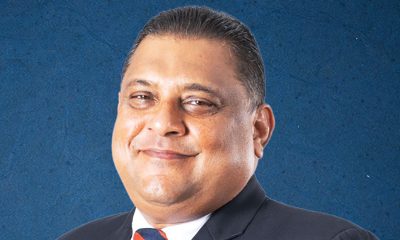
 Business5 days ago
Business5 days agoBhathiya Bulumulla – The Man I Knew
-

 Business6 days ago
Business6 days agoNational Anti-Corruption Action Plan launched with focus on economic recovery
-

 Features3 days ago
Features3 days agoLiberation Day tariffs chaos could cause permanent damage to US economy, amid global tensions
-
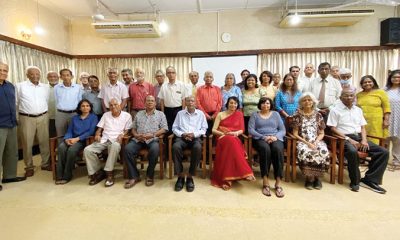
 Features3 days ago
Features3 days agoMinds and Memories picturing 65 years of Sri Lankan Politics and Society
-
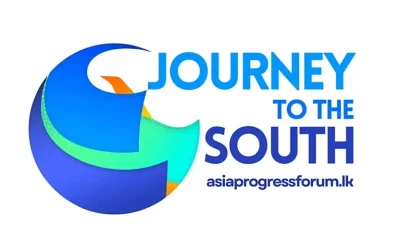
 Opinion6 days ago
Opinion6 days agoSome aspects of China’s development model



